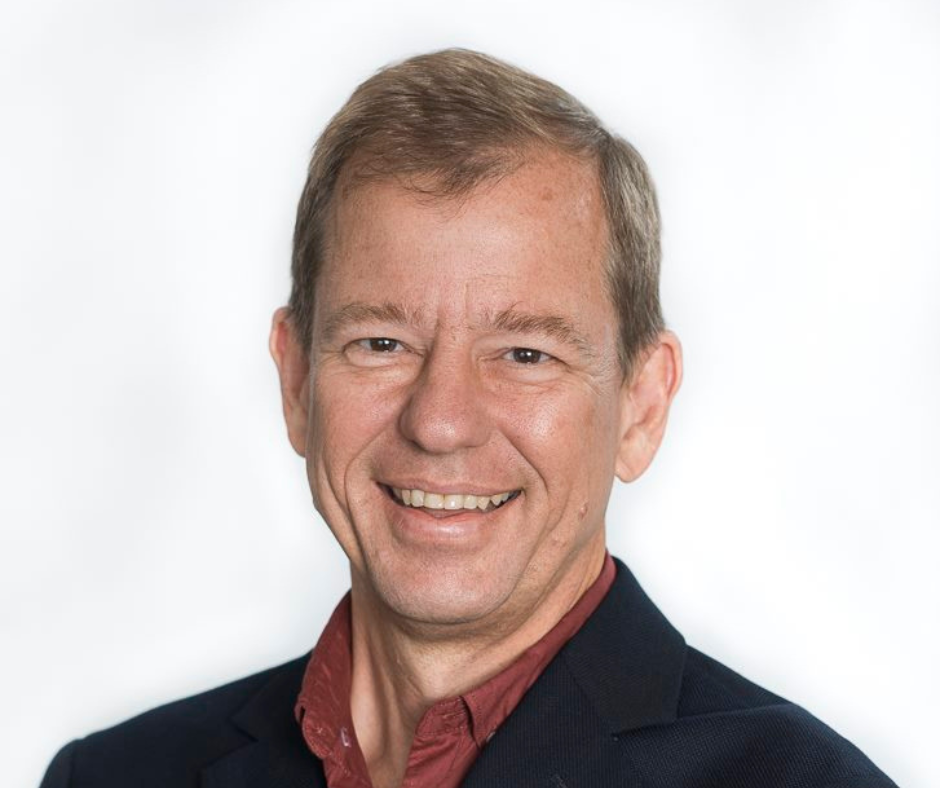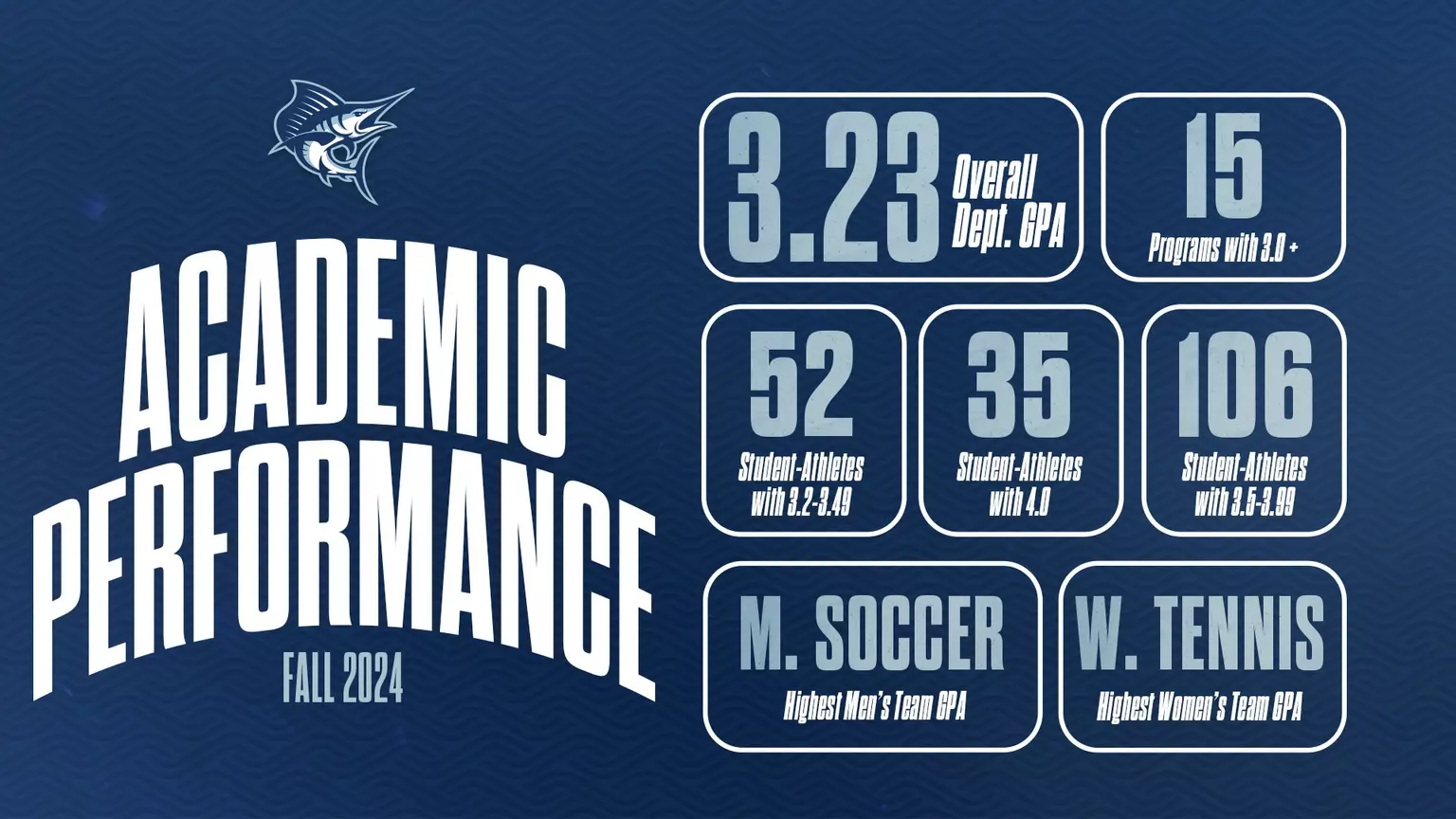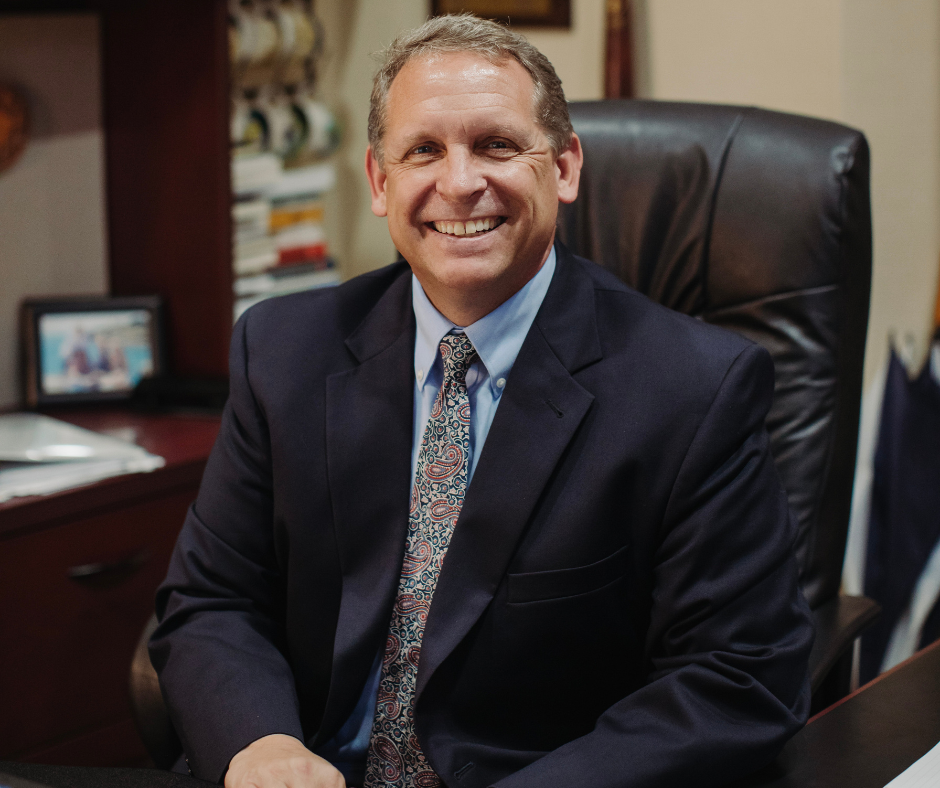Former British Prime Minister Tony Blair told a LeMieux Center for Public Policy audience that Britons and Americans need a dose of the same medicine.
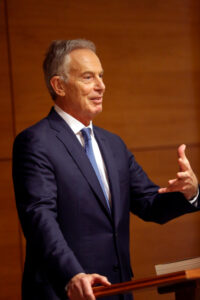 “Be genuinely prepared to listen to those who disagree,” he said Thursday night in regard to Brexit and America’s feuding political parties. “They’re our opponents, not our enemies.”
“Be genuinely prepared to listen to those who disagree,” he said Thursday night in regard to Brexit and America’s feuding political parties. “They’re our opponents, not our enemies.”
Blair, the prime minister of Great Britain and Northern Ireland from 1997 to 2007, shared insight on civility in politics, his humanitarian work in Africa, the spread of Islamic extremism in the Middle East and North Africa, Israeli-Palestinian relations and Brexit during a public question-and-answer session moderated by former U.S. Senator George LeMieux, for whom the Center is named. Blair also took questions from a group of high-achieving students during a private gathering.
Speaking about Brexit — the withdrawal of the United Kingdom from the European Union — Blair said Britons supported the plan for the same reasons Americans supported U.S. President Donald Trump: They belonged to a segment of the population that believed it’s being left behind. They worried about immigration and the rapid pace the world is changing, and not necessarily to their benefit, Blair said.
In the yearlong transition out of the European Union, Britain needs to develop a new trade framework with Europe, he said. The UK can alter its relationship with the European Union, but not its geography, Blair said, noting Paris was only a 2-hour train ride away.
As a young man studying at the University of Oxford, Blair had no political aspirations whatsoever he said. Instead, he wanted to be a rock star. His perspective shifted toward the end of his sophomore year.
“I decided I wanted to change the world, and I decided politics was the best way to do that,” Blair said. “It’s the motivation that makes you do something well.”
At age 43, Blair went on to become Britain’s youngest prime minister since 1812 and the only Labour leader in the party’s 100-year history to win three consecutive elections. During his tenure, overall crime decreased, the economy and employment grew and he tripled foreign aid to Africa. An advocate of military intervention, he took action in Iraq, Afghanistan, Sierra Leone and Kosovo, where Kosovan Albanians were so grateful that they named their children after him.
Blair’s entry into politics coincided with the Conservative Party’s rise and the Labour Party’s loss of four consecutive elections over 20 years. When Blair came to power, as a centrist, he was willing to see the value of the other party’s contributions.
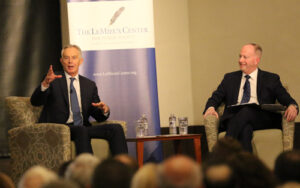 “I think that’s sensible,” Blair said. “You’ve got to respect the people who voted the other way, because if you don’t, you won’t understand what motivated them.”
“I think that’s sensible,” Blair said. “You’ve got to respect the people who voted the other way, because if you don’t, you won’t understand what motivated them.”
Blair’s father was a strong influence on his life. A foster child who grew up in a poor part of Glasgow, Scotland, the elder Blair was on the rise in the Communist Party until he joined the military. He came out of World War II as a Conservative. Years later, he would complain to his son, “The problem with your party is it’s not patriotic, and it doesn’t favor aspiration.”
“To be patriotic is not to left or right,” Blair said. “You should want the best for your country.”
When Blair was still a boy, his father had a debilitating, career-ending stroke. He grew up quickly and learned that “when people fall on hard times, they need support.”
Since leaving office, Blair has continued humanitarian efforts through the Tony Blair Institute for Global Change, which works alongside political leaders to help them govern effectively, address difficult challenges and combat extremism.
Also after leaving office, Blair served as the former representative for the United Nations, United States, European Union and Russia, working toward peace in the Middle East. That, too, is really about combatting extremism, he said. For example, Iranian leaders support Hezbollah, a Shiite militant group, but they also support Sunni extremist groups when it’s in their interest to do so, Blair said.
“I don’t think Shiites and Sunnis are at war with each other,” Blair said. “I think the moderates are at war with the extremists.”
To end extremism, the West needs to support leaders such as those in Saudi Arabia who are modernizing the Middle East. It would be a “huge mistake” to disengage, Blair said. Because the U.S. did not intervene in Syria, the Russians and Iranians will decide the future there.
“The trouble is, if you don’t get involved and others do, you have to work out the consequences of withdrawing your influence, withdrawing your power,” Blair said.
The Center has hosted members of presidential administrations, admirals and journalists, but hosting a former head of state was a first.
